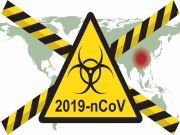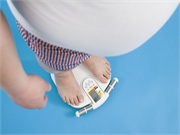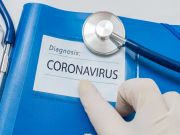
Coronavirus cases in China have nearly reached 64,000, while the death count is approaching 1,400, Chinese health officials reported Friday. For the first time, the number of medical workers who have been infected with the virus was reported Friday, with 1,700 confirmed illnesses and six deaths, The New York Times reported. Meanwhile, the U.S. Centers… read on >


















